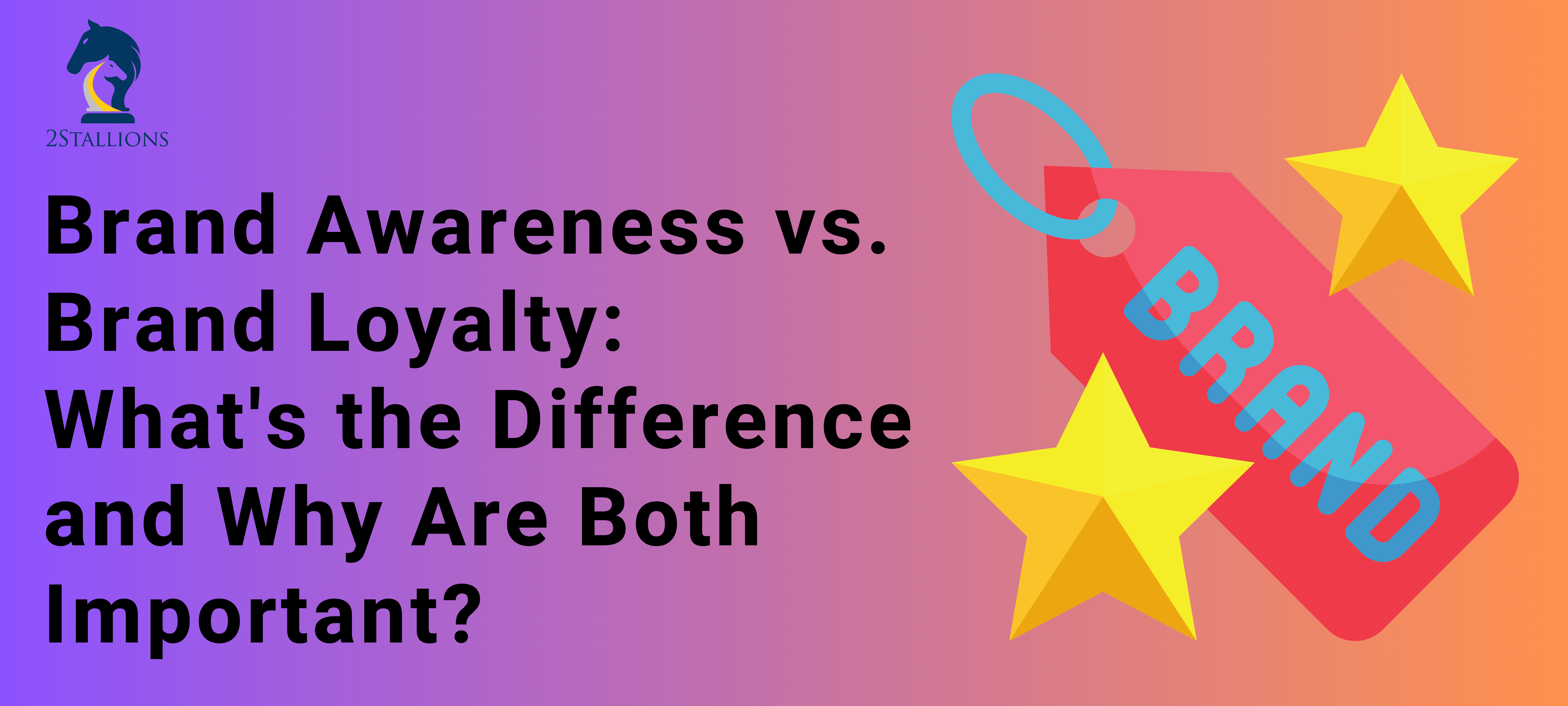SHARE
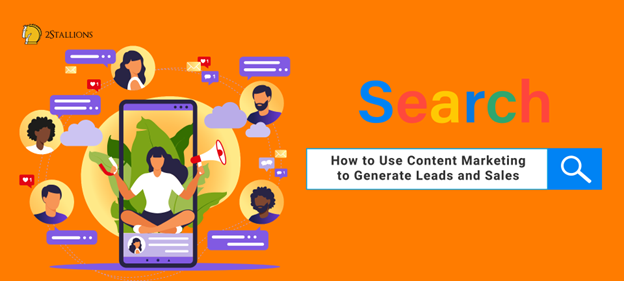
Content marketing has become essential for businesses looking to generate leads and boost sales. By creating and sharing valuable and relevant content, businesses can attract and engage their target audience, ultimately converting them into loyal customers. In this article, we will explore the basics of content marketing, develop a content marketing strategy, discuss how to create compelling content and learn practical ways to promote it.
Understanding The Basics Of Content Marketing
Before diving into content marketing, it’s essential to understand what it means. Content marketing refers to creating and distributing valuable and informative content to attract and engage a specific audience. Unlike traditional advertising, content marketing focuses on providing value rather than directly promoting a product or service. Content marketing is a strategic approach that involves creating and sharing relevant and valuable content to attract and retain a clearly defined audience. This content can take various forms, including blog posts, articles, videos, infographics, podcasts, and social media posts. The key is to provide informative, entertaining, or inspiring content that resonates with your target audience.
What Is Content Marketing?
Content marketing involves creating and distributing content, such as blog posts, articles, videos, infographics, and more, to educate, entertain, or inspire your target audience. The goal is to build trust and credibility, establish thought leadership, and drive profitable customer action. When it comes to content marketing, it’s not just about creating content for the sake of it. It’s about understanding your audience’s needs, pain points, and interests and delivering content that addresses them. By providing valuable and relevant content, you can position yourself as an authority in your industry and build a loyal following of engaged readers or viewers. Content marketing is a long-term strategy that requires consistent effort and dedication. It’s not a one-time campaign but rather an ongoing process of creating and sharing valuable content that attracts and retains your target audience.
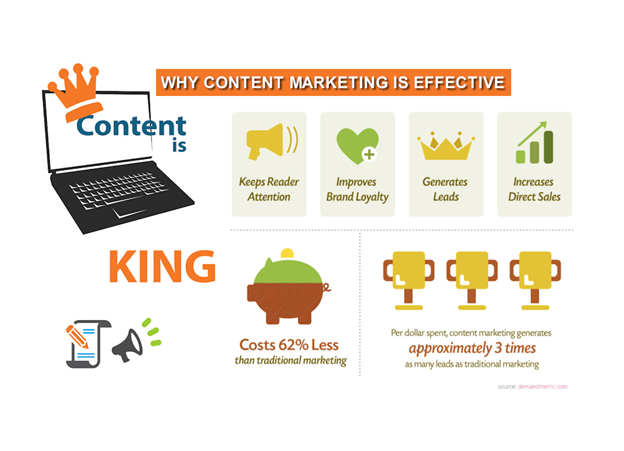 (Source: https://empowerpioneers.com/content-marketing-is-still-king-for-generating-leads-for-your-business/)
(Source: https://empowerpioneers.com/content-marketing-is-still-king-for-generating-leads-for-your-business/)
The Importance Of Content Marketing In Lead Generation And Sales
Content marketing plays a crucial role in lead generation and sales. By providing valuable content, businesses can attract and engage potential customers, nurturing them through the sales funnel. Quality content also helps build a strong brand reputation and increases customer loyalty, leading to higher sales and revenue. When done right, content marketing can generate high-quality leads that are more likely to convert into paying customers.
Providing valuable information and addressing the pain points of your target audience can establish trust and credibility, making it easier to convert leads into sales. In addition to lead generation, content marketing helps in customer retention and upselling. By consistently providing valuable content to your existing customers, you can keep them engaged and satisfied, increasing their loyalty and likelihood of making repeat purchases or upgrading to higher-priced products or services.
Furthermore, content marketing can also have a positive impact on your search engine rankings. By creating high-quality and relevant content, you can improve your website’s visibility in search engine results, driving organic traffic and increasing your chances of attracting potential customers. Content marketing is a powerful strategy to help businesses attract, engage, and convert their target audience. By providing valuable and relevant content, businesses can establish themselves as thought leaders, build trust and credibility, and drive profitable customer action.
Developing A Content Marketing Strategy
Creating content without a clear strategy is like navigating in the dark. Businesses must develop a comprehensive content marketing strategy to generate leads and drive sales. But what exactly does a content marketing strategy entail? It goes beyond simply creating content and hoping for the best. It involves careful planning, research, and analysis to ensure your content aligns with your business goals and resonates with your target audience.
Identifying Your Target Audience
The first step in crafting a successful content marketing strategy is identifying your target audience. Understanding their demographics, interests, pain points, and preferred content formats will help you tailor your content to resonate with them. Imagine you’re a company that sells outdoor adventure gear. Your target audience might include outdoor enthusiasts, thrill-seekers, and nature lovers. By understanding their preferences and interests, you can create content that speaks directly to them. For example, you could create blog posts about the best hiking trails in the area, videos showcasing extreme sports activities, or even podcasts featuring interviews with experienced adventurers. By aligning your content with your target audience’s interests, you increase the chances of capturing their attention and driving engagement.
Setting Clear Marketing Goals
Once you have defined your target audience, setting clear marketing goals is crucial. Do you want to increase brand awareness, generate leads, or drive direct sales? Setting specific, measurable, achievable, relevant, and time-bound (SMART) goals will guide your content creation efforts and help you track your progress. Let’s say your goal is to increase brand awareness. You could set a specific target, such as raising your social media followers by 20% within the next three months. You can track your progress and adjust your content strategy by setting a measurable and time-bound goal. Remember, setting clear marketing goals not only helps you stay focused but also enables you to measure the success of your content marketing efforts. It allows you to determine what’s working and needs improvement, ultimately leading to more effective content creation.
Choosing The Right Content Types For Your Business
Numerous include blog posts, videos, podcasts, ebooks, and more. Consider your target audience’s preferences and your business objectives when selecting the content types that will effectively engage and resonate with your audience. For instance, if your target audience consists of busy professionals who are always on the go, creating short and informative videos might be the best way to capture their attention. On the other hand, if your audience prefers in-depth knowledge and enjoys reading, publishing well-researched blog posts or ebooks might be more effective.
Remembering that different content types serve different purposes and cater to different audience preferences is essential. By diversifying your content strategy and experimenting with various formats, you can reach a wider audience and keep them engaged. So, whether you create engaging videos, informative blog posts, or captivating podcasts, make sure your content aligns with your target audience’s preferences and overall marketing goals. Developing a content marketing strategy requires careful planning, research, and a deep understanding of your target audience. By identifying your audience, setting clear goals, and choosing the right content types, you can create a strategy that effectively engages your audience and drives your business forward.
Creating Compelling Content
Once you have a solid strategy, it’s time to create compelling content that will captivate your target audience and inspire them to take action.
Writing For Your Audience
When creating content, always keep your target audience in mind. Use language and tone that resonates with them. Speak directly to their pain points, address their questions and concerns, and provide actionable solutions. Engage your readers by telling stories, using relevant examples, and injecting personality into your writing.
Using Seo To Boost Your Content’s Visibility
Search engine optimisation (SEO) drives organic traffic to your content. Do keyword research to identify relevant terms and phrases that your target audience uses in searches. Incorporate these keywords strategically in your content, including headings, meta descriptions, and alt tags, to improve its visibility in search engine results.
Maintaining Consistency In Your Content
Consistency is vital when it comes to content marketing. Maintain a consistent brand voice and style across all your content. Stick to a regular publishing schedule to keep your audience engaged and establish yourself as a reliable source of valuable information.
Promoting Your Content Effectively
Creating great content is essential, but promoting it effectively is equally important to reach a wider audience and drive results.
Leveraging Social Media For Content Promotion
Social media platforms provide an excellent opportunity to share and promote your content. Identify the platforms where your target audience is most active and tailor your content to suit each platform. Engage with your audience by responding to comments, starting conversations, and sharing valuable insights.
Using Email Marketing To Share Your Content
Email marketing is a powerful tool for content promotion. Build an email list of engaged subscribers and send regular newsletters featuring your latest content updates. Encourage readers to share your content with their networks and provide easily accessible social sharing buttons to maximise its reach.
Collaborating With Influencers To Widen Your Reach
Influencer marketing can amplify your content’s reach by leveraging influential individuals in your industry. Identify influencers who have a significant following and align with your brand values. Collaborating with them can help you reach a wider audience and build credibility. In conclusion, content marketing is an invaluable strategy for generating leads and driving sales. By understanding the basics of content marketing, developing a comprehensive content marketing strategy, creating compelling content, and effectively promoting it, businesses can harness the power of content to attract, engage, and convert their target audience into loyal customers.
Frequently Asked Questions About Content Marketing
What Is Content Marketing or SEO?
One of the key differences between SEO content writing and content writing is their goal. While SEO content writing is focused on improving website ranking and driving organic traffic, content writing is focused on engaging the reader and establishing the brand as a thought leader.
Which Is Better SEO or Content Writing?
While the debate focuses on SEO vs. content marketing, the reality is that you should use these two strategies together. SEO helps people find your content, while content helps drive traffic to your site and improves your ranking. A successful content marketing strategy requires SEO and vice versa.
What Is Content Marketing vs. Social Media?
Simply put, content marketing is a tactic. In contrast, social media marketing is a channel that allows you to communicate with consumers. Where content marketing gives you an understanding of how to promote your brand both online and in person, social media gives you a channel to do so.
Why SEO Is Better Than Social Media?
SEO requires steady effort, but it often draws more conversions than social media marketing. SEO is an excellent method to generate visitors. Once a page is live on your site, it has the opportunity to rank highly for the keywords it targets


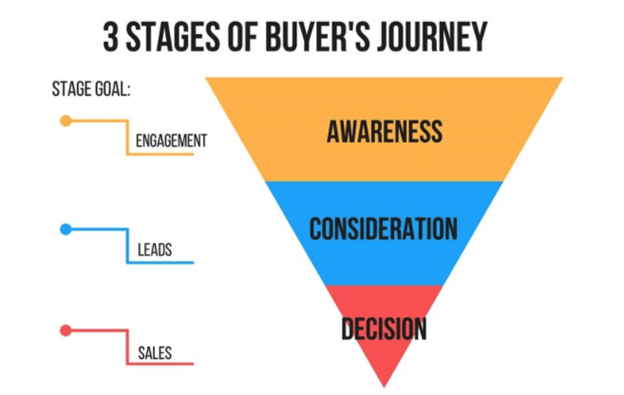 (Source:
(Source: 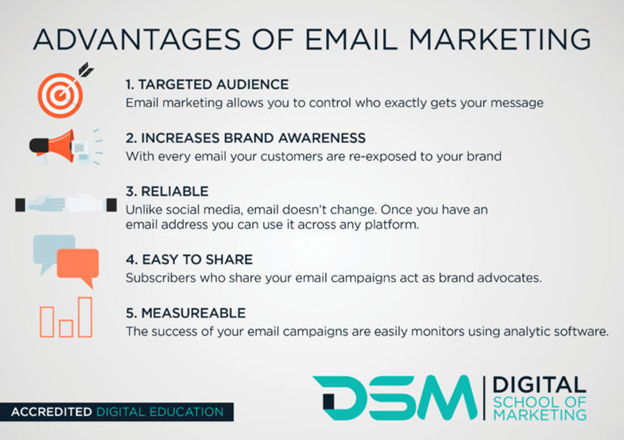 (Source:
(Source: 


